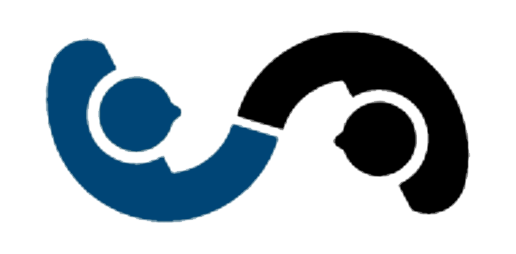Researchers confirm link between schistosomiasis and HIV acquisition

Photo by John Bett, WWF
A comprehensive review of secondary data sources has confirmed a long-suspected link between female genital schistosomiasis (FGS) and HIV infection for women in southern Africa. Researchers confirmed the link in Mozambique, finding that exposure to schistosomiasis, combined with HIV prevalence, increases the odds of HIV infection by three times. Researchers also conclude that treating young girls for schistosomiasis could avert millions of new cases of HIV infection at far less cost than treating HIV infection once it has occurred.
Schistosomiasis is a fresh water-borne parasitic infection, usually contracted in childhood through activities such as swimming, bathing, fishing, and fetching water. It affects 261 million people worldwide and is known to be highly endemic in sub-Saharan Africa. Domestic chores can place girls and women at greater risk of contracting FGS, which, the researchers say, may help explain the fact that only in sub-Saharan Africa are HIV infections higher among females than among males.
The authors, Paul Henry Brodish and Kavita Singh, conducted the study for MEASURE Evaluation, funded by the U.S. Agency for International Development (USAID) and the President’s Emergency Plan for AIDS Relief (PEPFAR), a project of the Carolina Population Center of the University of North Carolina at Chapel Hill (UNC).
Researchers confirmed the link in Mozambique by investigating two high-quality secondary data sources on HIV prevalence and FGS: the 2009 National Survey on Prevalence, Behavioral Risks, and Information about HIV and AIDS in Mozambique (INSIDA) and the Global Neglected Tropical Diseases (GNTD) open source database. Their results can reasonably be applied generally to sub-Saharan Africa and perhaps especially to South Africa, Tanzania, and Zimbabwe, where field studies showed woman whose vaginal mucosal barrier tissue was compromised due to FGS were three times as likely as their neighbors to be infected with HIV.

School children in Niger with gross hematuria (blood in urine) caused by schistosomiasis (photo by Jurg Utzinger)
In fact, two decades of studies have indicated that HIV/AIDS can be exacerbated by co-infection with neglected tropical diseases (including schistosomiasis), which weaken immune systems, increase susceptibility to other infections, and lower the effectiveness of antiretroviral therapy (ART).
The study’s findings also offer a significant potential cost savings for governments and global donors, as treatment for FGS would cost significantly less than treating HIV infection. The authors cite estimates that de-worming 70 million African children twice a year for a decade would cost about $112 million, versus an estimated $38 billion PEPFAR would expend in the same period.
These results are additional evidence supporting the link between neglected tropical diseases (NTD) and HIV and the need to scale up treatment for NTD and for increased access to improved water sources. The authors suggest further studies are necessary in other locales where there is high HIV prevalence and endemic NTDs.
The researchers say the study is limited by its indirect assessment of exposure to FGS (S. haematobium) and that the availability of mass drug administration in various survey regions is not known. However, both of these limitations would tend to make it more difficult to draw an association between FGS and HIV infections.
The study is also significant on a global scale as the Sustainability Development Goals (SDG), USAID’s goal of an AIDS-free generation (AFG), and prevention of mother-to-child transmission of HIV (PMTCT), will be that much more attainable if HIV infection can be curtailed in sub-Saharan Africa—where 60 percent of new cases are female and mostly young.
This article originally appeared on the Measure Evaluation website, authored by WWF CHAPEL HILL, NC. Available at: http://www.cpc.unc.edu/measure/news/schistosomiasis-and-hiv-acquisition

